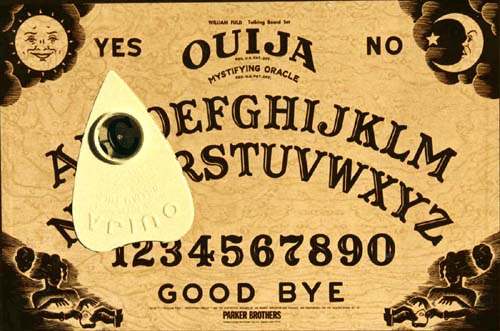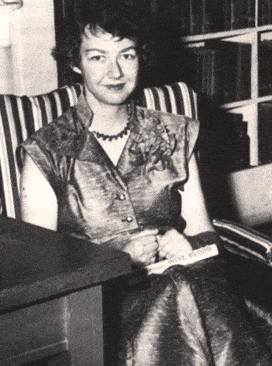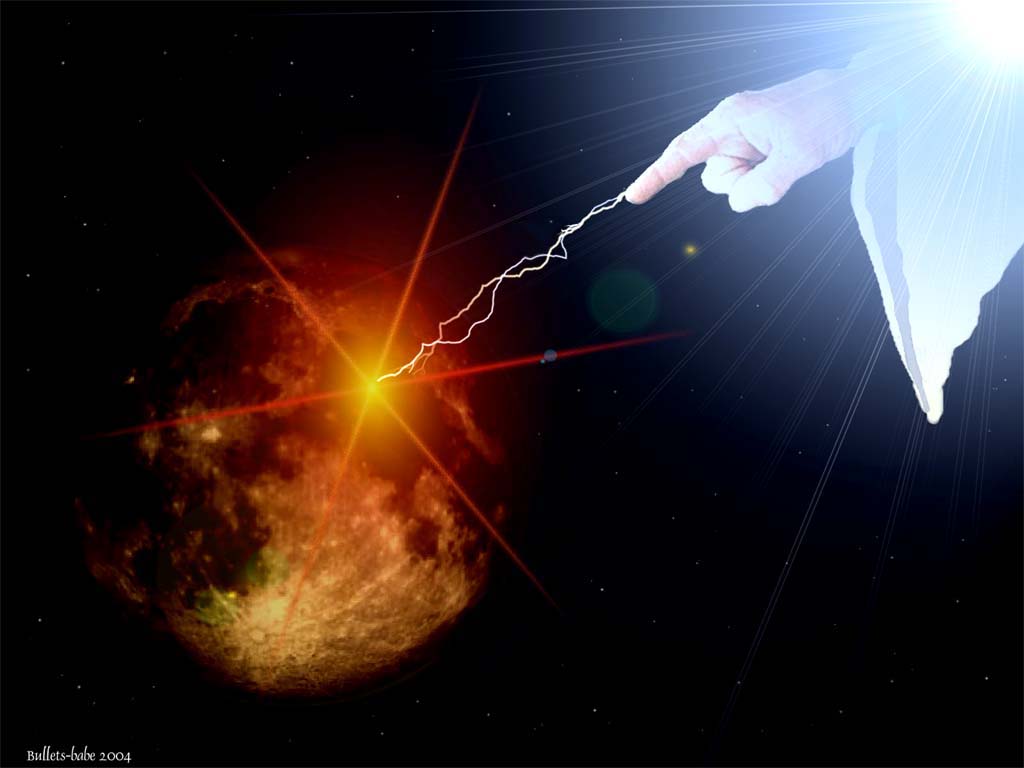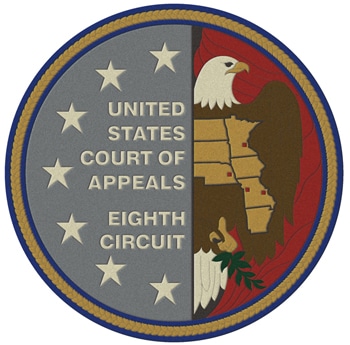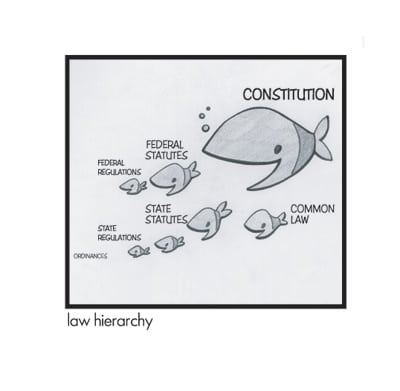https://yourartbeat.net/2025/03/11/sogqh8v On one of my recent posts, a person commented: I’ve heard the danger of reading cult literature because “words have power” or something, and that to actually fight spiritual demons would open one to a world of things most people really couldn’t cope with. How can one be sure what is fiction, “truth/partial-truth in story […]
Words have power, maybe, part 01
· by 2 Comments
